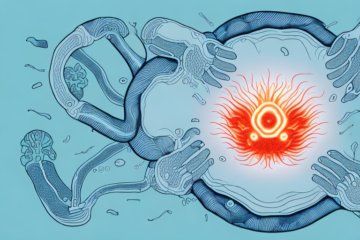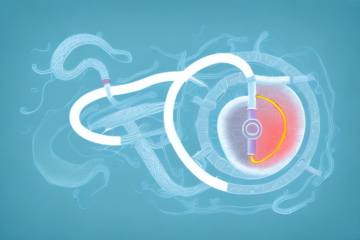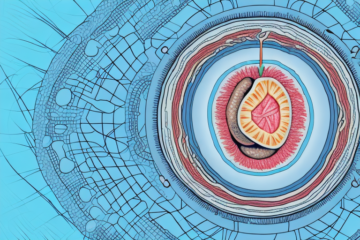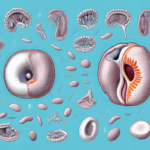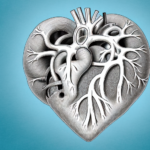Alcoholism, also known as alcohol use disorder (AUD), is a chronic and potentially life-threatening condition characterized by uncontrolled drinking and a compulsive need to consume alcohol. It is a complex disease that affects people of all ages, genders, and backgrounds. In this article, we will explore the different aspects of alcoholism, including its causes, symptoms, stages, effects, treatment options, and prevention strategies.

What is alcoholism and how is it defined?
Alcoholism is a disorder that involves the excessive consumption of alcoholic beverages and the inability to control alcohol intake. The Diagnostic and Statistical Manual of Mental Disorders (DSM-5) defines alcoholism as a problematic pattern of alcohol use that leads to significant impairment or distress. Common signs and symptoms of alcoholism include drinking alone, neglecting responsibilities, experiencing withdrawal symptoms, and continuing to drink despite negative consequences.
Alcoholism can have serious consequences on an individual’s physical and mental health. Long-term alcohol abuse can lead to liver damage, heart disease, and an increased risk of certain types of cancer. It can also cause depression, anxiety, and other mental health disorders. Treatment for alcoholism often involves a combination of therapy, medication, and support groups. It is important for individuals struggling with alcoholism to seek help as soon as possible to prevent further damage to their health and relationships.



